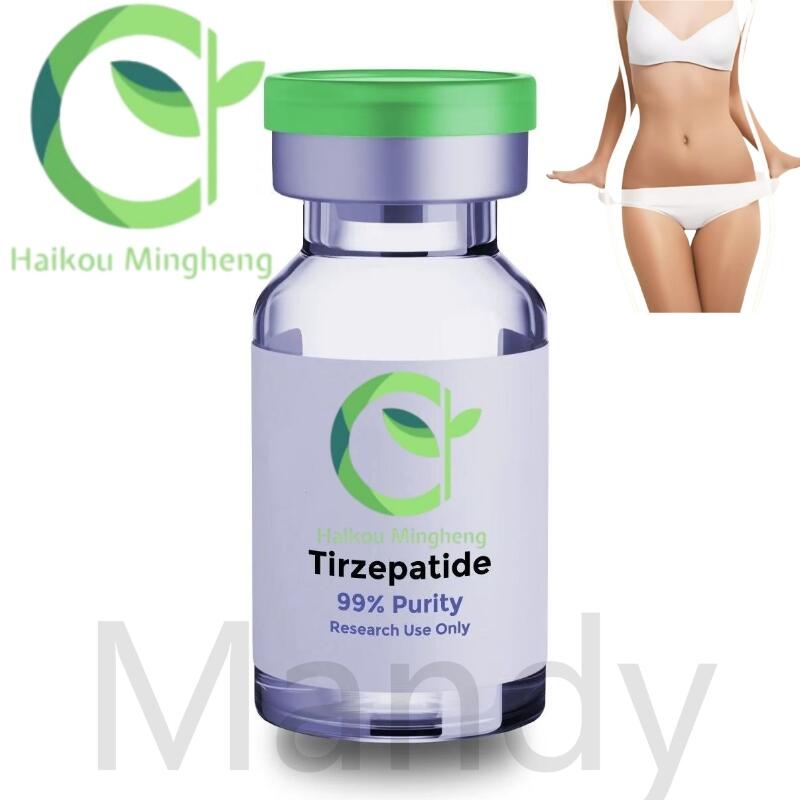J Med Chem: selective immune activation function and abortion of natural antimicrobial peptides
-
Last Update: 2013-11-11
-
Source: Internet
-
Author: User
Search more information of high quality chemicals, good prices and reliable suppliers, visit
www.echemi.com
The extensive use and abuse of traditional antibiotics have led to the emergence of a variety of drug-resistant strains, which has become a major threat to human health In the process of competition with pathogenic bacteria variation, antimicrobial peptides from various sources in nature have become a new hope for the development of new anti infective drugs However, at present, people's understanding and Research on antimicrobial peptides are mainly focused on their direct killing effect on bacterial growth Septicemia is a kind of critical disease which is mainly caused by bacterial infection and accompanied by systemic inflammatory response The pathogenic microorganism infection induces the release of pro-inflammatory factors, which leads to a very high mortality rate (30-70%) of many important organ failures At present, there is no specific treatment, especially the mortality rate of septicemia caused by drug-resistant bacterial infection is gradually increasing The annual rise Under the leadership of researcher Zhang Yun, the research group of biotoxin and human disease of the Key Laboratory of animal model and human disease mechanism of Kunming Institute of zoology, Chinese Academy of Sciences, led by Dr Li Sheng'an, the research group, etc., has done a lot of research work in the early stage and related invention patent "reptile cathelicidin antibacterial peptide and derivative and its application" (Patent No.: ZL 2008 1 On the basis of 0058260.9), it was revealed that the antibacterial peptide had selective immune activation in vitro and in vivo In the animal model of sepsis induced by various standard and clinical drug-resistant strains, the cathelicidin peptide selectively activated the innate immune response in vivo and did not cause a large number of harmful inflammatory factors (such as TNF - α, At the same time, IL-1 β) activation can selectively stimulate the expression and release of inflammatory suppressor cytokines and immunocytochemical chemokines through p38 MAPK signaling pathway, which has a good preventive and protective effect on systemic and fatal septicemia This study reveals the selective immune activation and regulation function of natural antimicrobial peptides, and suggests that the immune regulation and inflammatory inhibition function of a large number of known natural antimicrobial peptides need to be further studied and explored, and provides a new idea and scientific basis for the research and development of a large number of natural antimicrobial peptides used in clinical infectious and immune diseases Relevant research results have been published online in Journal of medical chemistry, a famous American Journal of pharmaceutical chemistry The research was supported by the national 973 program, the joint fund of the State Foundation Committee Yunnan Province and the key deployment project of the Chinese Academy of Sciences.
This article is an English version of an article which is originally in the Chinese language on echemi.com and is provided for information purposes only.
This website makes no representation or warranty of any kind, either expressed or implied, as to the accuracy, completeness ownership or reliability of
the article or any translations thereof. If you have any concerns or complaints relating to the article, please send an email, providing a detailed
description of the concern or complaint, to
service@echemi.com. A staff member will contact you within 5 working days. Once verified, infringing content
will be removed immediately.







